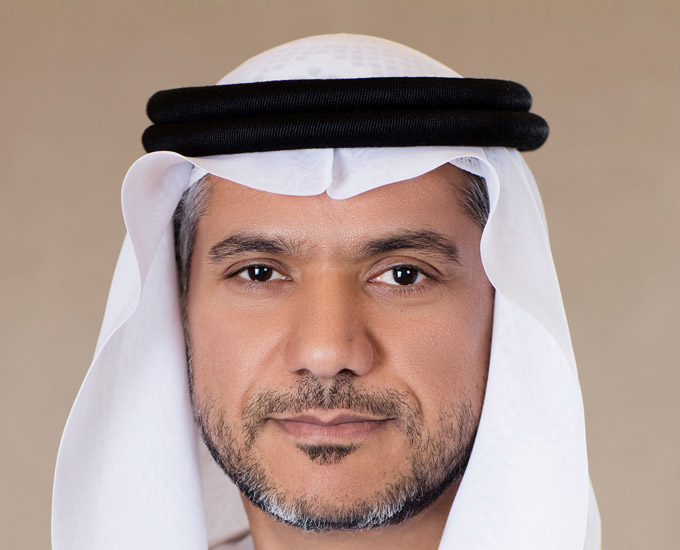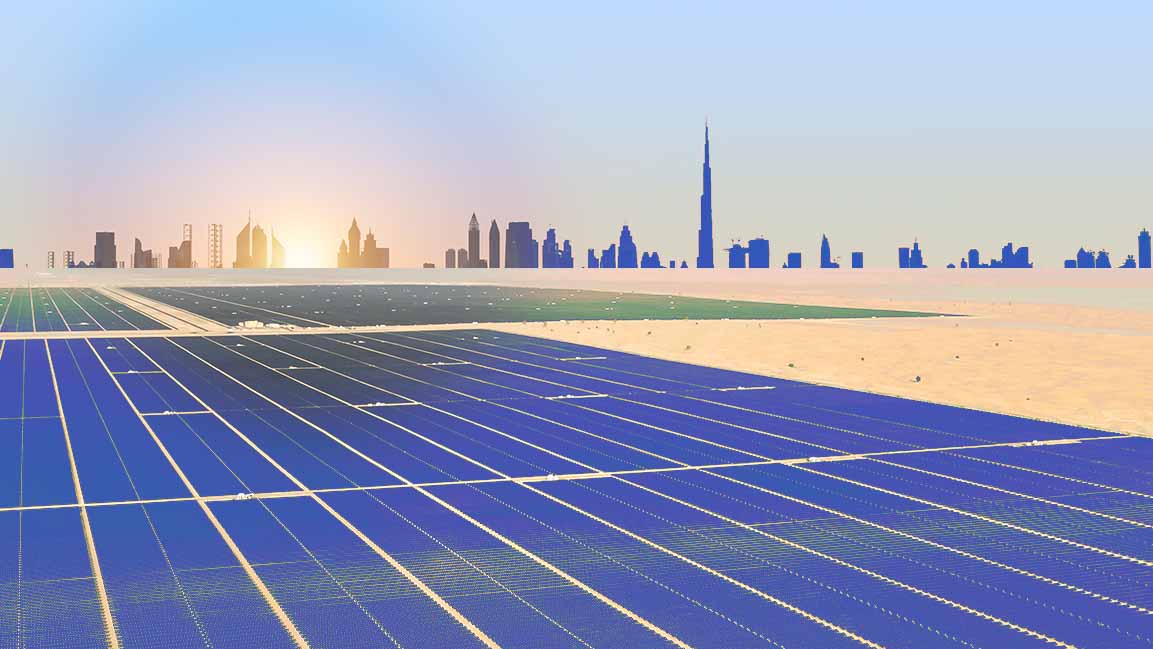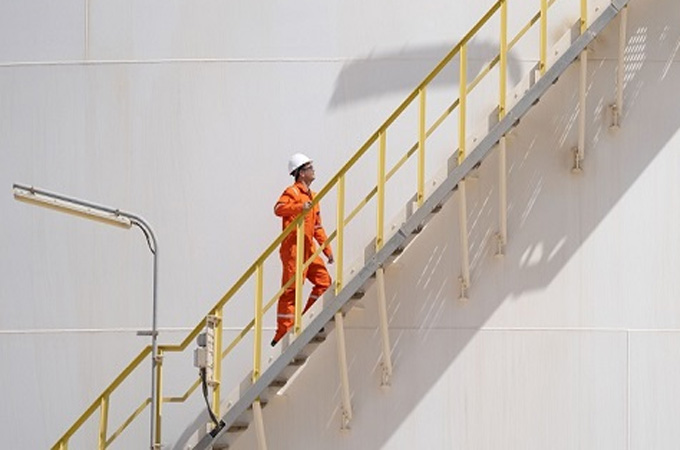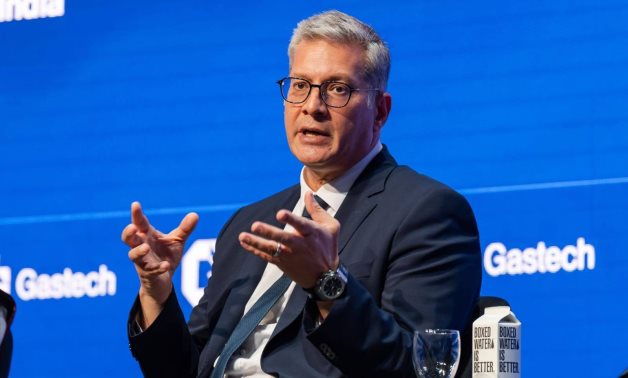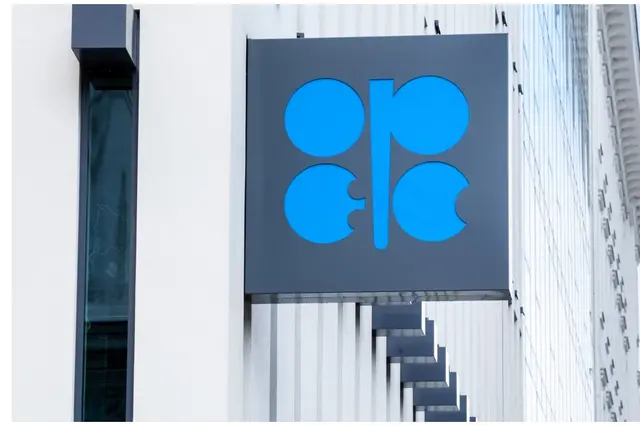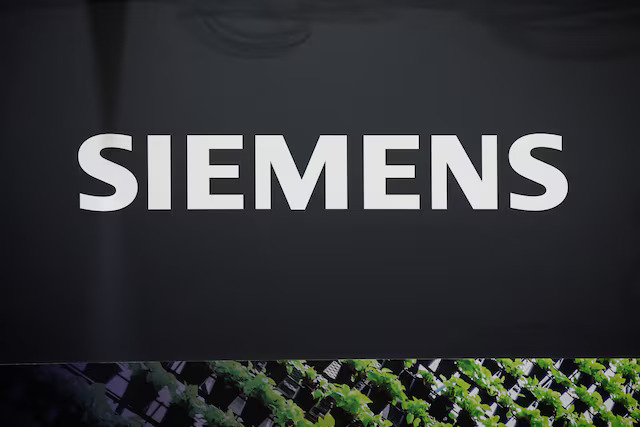Energy

Egypt Jordan explore joint projects in water food and energy sectors
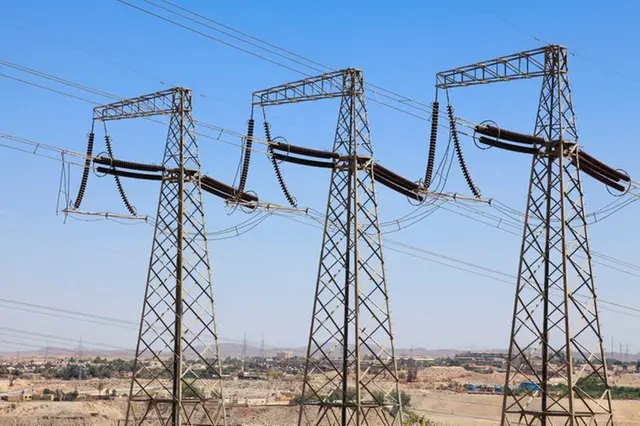
On the sidelines of the seventh Arab Water Week in Amman, Egypt’s Minister of Water Resources and Irrigation, Hani Sewilam, met with Prince El Hassan bin Talal of Jordan to discuss enhanced bilateral cooperation in the water and natural resources sectors.
The meeting was also attended by Egypt’s Ambassador to Jordan, Mohamed Samir, and Marwan Al-Raggad, President of the Islamic Network on Water Resources Development and Management.
Talks centered on strengthening collaboration between Egypt’s Ministry of Water Resources and Irrigation and Jordan’s Ministry of Water and Irrigation, with a particular focus on joint initiatives under the “Water-Energy-Food-Ecosystems Nexus” (WEFE NEXUS) framework. Opportunities for cooperation through the Islamic Network on Water Resources Development and Management were also discussed.
Minister Sewilam highlighted the critical role of desalination in enabling large-scale food production, noting that its viability depends on significantly lowering energy costs. He announced that Egypt, Jordan, and Saudi Arabia are currently preparing a regional initiative to exchange expertise in desalination technologies to support sustainable agricultural expansion.
The discussion also covered Egypt’s flagship agricultural wastewater treatment projects—including the New Delta, Bahr El-Baqar, and Al-Mahsama plants—which are expected to contribute around 5 billion cubic meters of treated water annually by 2026. Both sides explored possibilities for knowledge exchange in wastewater reuse and treatment.
Additionally, the two parties emphasized the importance of subsurface drainage systems, which have proven to improve crop yield and quality. They also stressed the need for joint scientific research on developing salt- and drought-tolerant crop varieties as part of a wider climate adaptation strategy.
The conversation highlighted the urgency of implementing tangible projects to adapt to climate change, referencing Egypt’s ongoing coastal protection efforts along the Mediterranean as a model.
Participants called on industrialized countries—responsible for the bulk of global greenhouse gas emissions—to provide climate financing to Arab countries in the form of grants rather than loans, acknowledging the region’s minimal contribution to global emissions.
The meeting concluded with a shared call to deepen Arab cooperation through knowledge-sharing, the dissemination of climate adaptation success stories, and the wider adoption of nature-based solutions in future water infrastructure projects.





